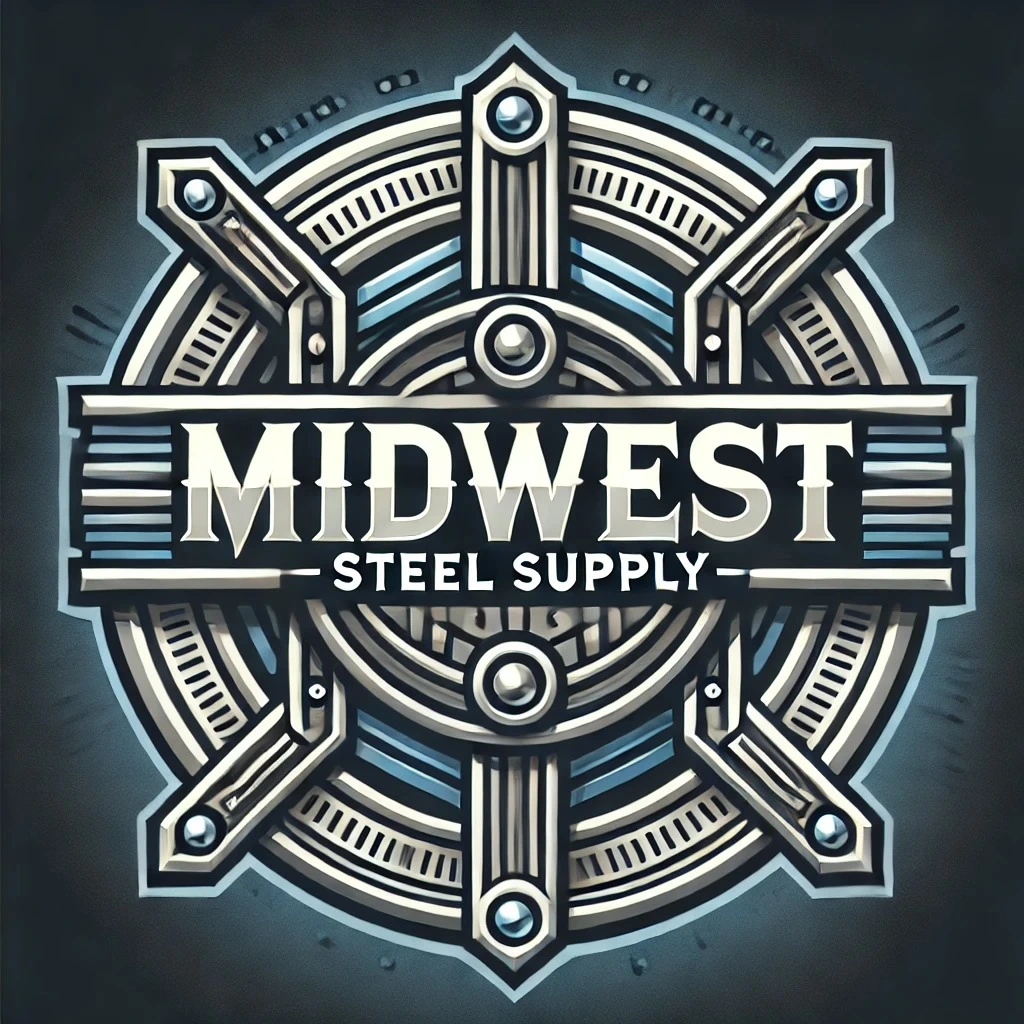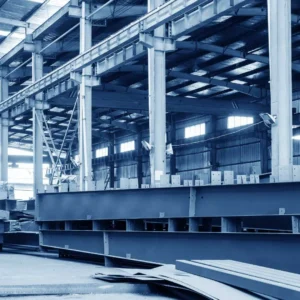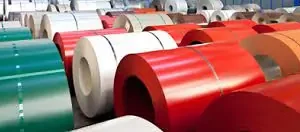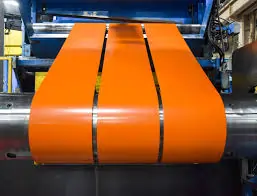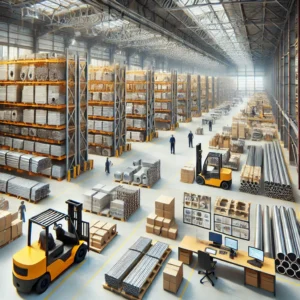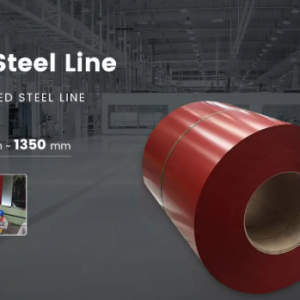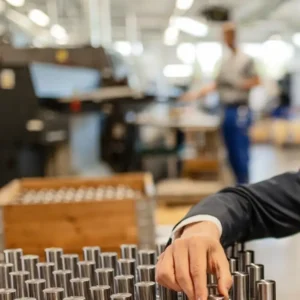Choosing the Right Structural steel supplier Key to Your Construction Success
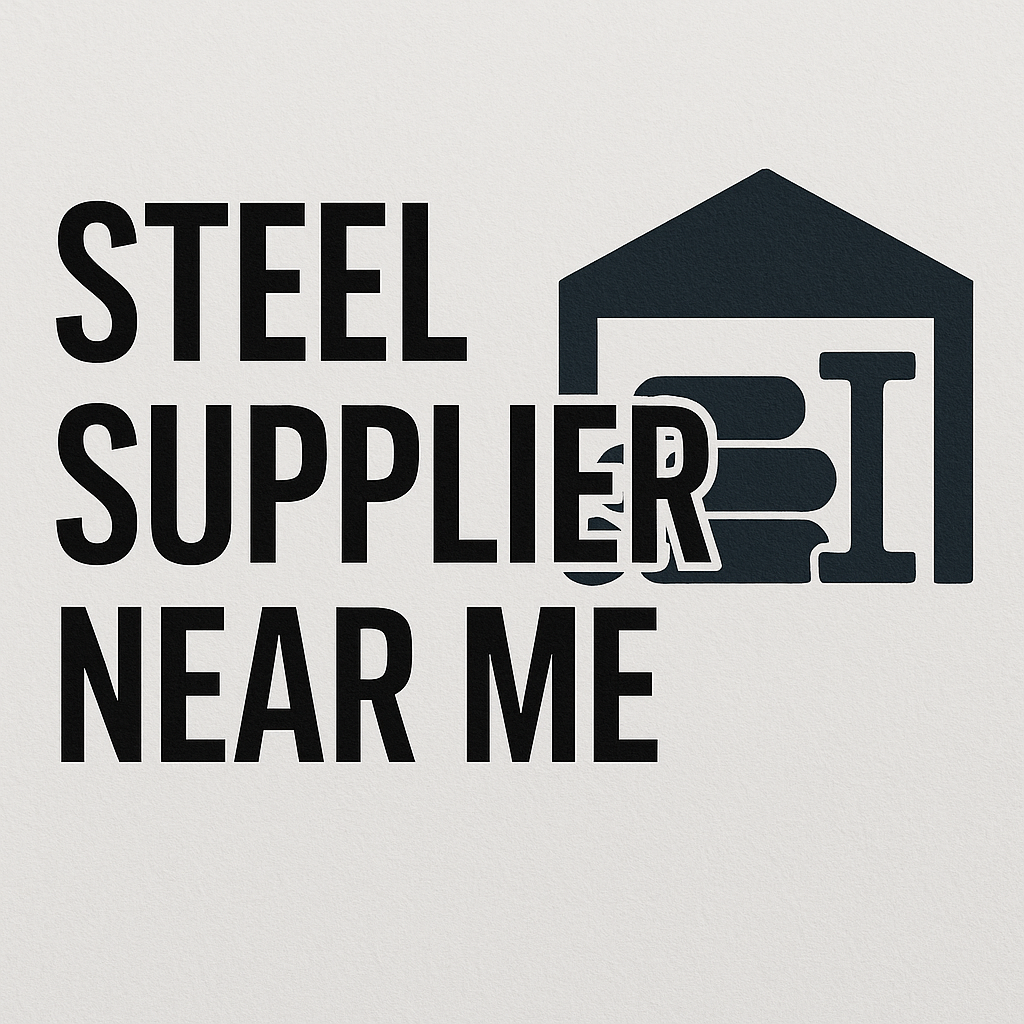
Structural steel supplier In the world of construction, the importance of high-quality materials cannot be overstated. Among these materials, structural steel stands out as a foundational component in many types of construction projects, from commercial buildings and industrial facilities to bridges and residential developments. Whether you’re an engineer, contractor, or project manager, choosing the right structural steel supplier is critical to ensuring your project’s success.
What is Structural Steel?
Structural steel refers to steel components that are fabricated for use in construction to form the skeleton of a structure. It includes beams, columns, channels, and other standardized shapes that offer high strength, flexibility, and durability. These qualities make structural steel an ideal choice for a wide range of projects.
Its benefits include:
-
High strength-to-weight ratio
-
Resistance to corrosion (when properly treated)
-
Ease of fabrication and installation
-
Recyclability, making it environmentally friendly
Given these advantages, structural steel continues to be a preferred material across the construction industry.
The Role of a Structural Steel Supplier
A structural steel supplier does more than just deliver steel to a construction site. They play an integral role in the construction process, offering services such as:
-
Material sourcing and quality assurance
-
Custom fabrication and cutting to specifications
-
On-time delivery to support project timelines
-
Compliance with industry standards and regulations
Choosing the right supplier can make the difference between a seamless construction experience and one filled with costly delays and subpar materials.
Factors to Consider When Choosing a Structural Steel Supplier
With so many suppliers in the market, how do you choose the best one? Here are some essential factors to consider:
1. Reputation and Experience
Always look for a structural steel supplier with a solid reputation and a track record of success in the industry. Check their portfolio and ask for references or case studies. A supplier with years of experience will likely have streamlined processes, better quality control, and the ability to troubleshoot potential issues before they become problems.
2. Product Range and Customization
Not all projects are the same. Your supplier should offer a broad range of structural steel products, including beams, plates, angles, and custom-fabricated components. A reliable supplier can also accommodate custom specifications and deliver steel components tailored to your project’s needs.
3. Certifications and Quality Standards
Quality assurance is a critical part of structural steel supply. Make sure your supplier adheres to recognized standards such as ISO 9001, ASTM, or BS EN. Certifications ensure that the steel you receive has undergone rigorous quality control processes and meets all industry requirements.
4. Delivery Capabilities and Logistics
Time is money in construction. Delays in steel delivery can cause bottlenecks and lead to costly downtime. Choose a structural steel supplier known for on-time deliveries and reliable logistics. Suppliers with their own transportation fleet or strong logistics partners often perform better in this regard.
5. Customer Service and Support
A good supplier is not just a vendor—they are a partner in your project. Choose a company that offers excellent customer service, from the bidding phase through to post-delivery support. Open communication, responsive support, and technical guidance can significantly impact your project’s efficiency.
The Benefits of Working with a Reliable Structural Steel Supplier
A trustworthy structural steel supplier brings many advantages:
-
Consistency in quality, which ensures structural integrity
-
Accurate estimates and transparent pricing
-
Reduced waste and improved project efficiency
-
Faster project timelines due to timely delivery
-
Access to expert advice and technical support
These benefits contribute to lower project costs, fewer delays, and better overall outcomes.
Common Challenges in Structural Steel Supply—and How to Avoid Them
Despite its importance, structural steel supply can be fraught with challenges:
-
Inconsistent quality
-
Delays in delivery due to supply chain issues
-
Unexpected cost increases
-
Errors in custom fabrication
To avoid these issues, it’s crucial to vet your suppliers carefully, request quality certifications, and maintain constant communication. Building long-term relationships with trusted suppliers also helps mitigate these risks.
Sustainability in Structural Steel Supply
As the construction industry becomes more environmentally conscious, sustainability in material sourcing is gaining importance. Many top-tier structural steel suppliers now provide steel that is recycled or made using eco-friendly processes. Choosing a supplier who prioritizes sustainability can help your project meet green building certifications like LEED or BREEAM.
Conclusion
Choosing the right structural steel supplier is one of the most important decisions in any construction project. From ensuring material quality and meeting project deadlines to providing technical support and contributing to sustainability goals, the right supplier can significantly enhance your project’s success.
By considering factors such as experience, quality standards, delivery capabilities, and customer service, you can make an informed choice that leads to efficient construction, cost savings, and lasting structural integrity. Don’t settle for less—partner with a structural steel supplier you can trust.
